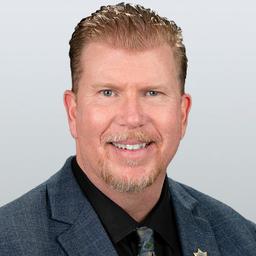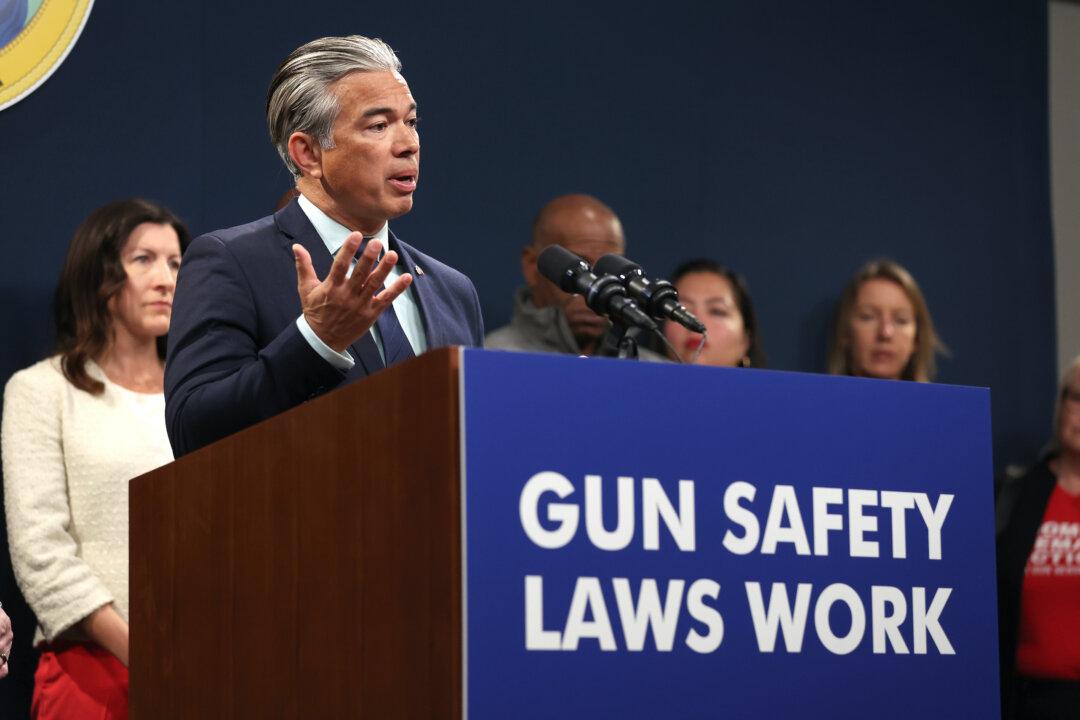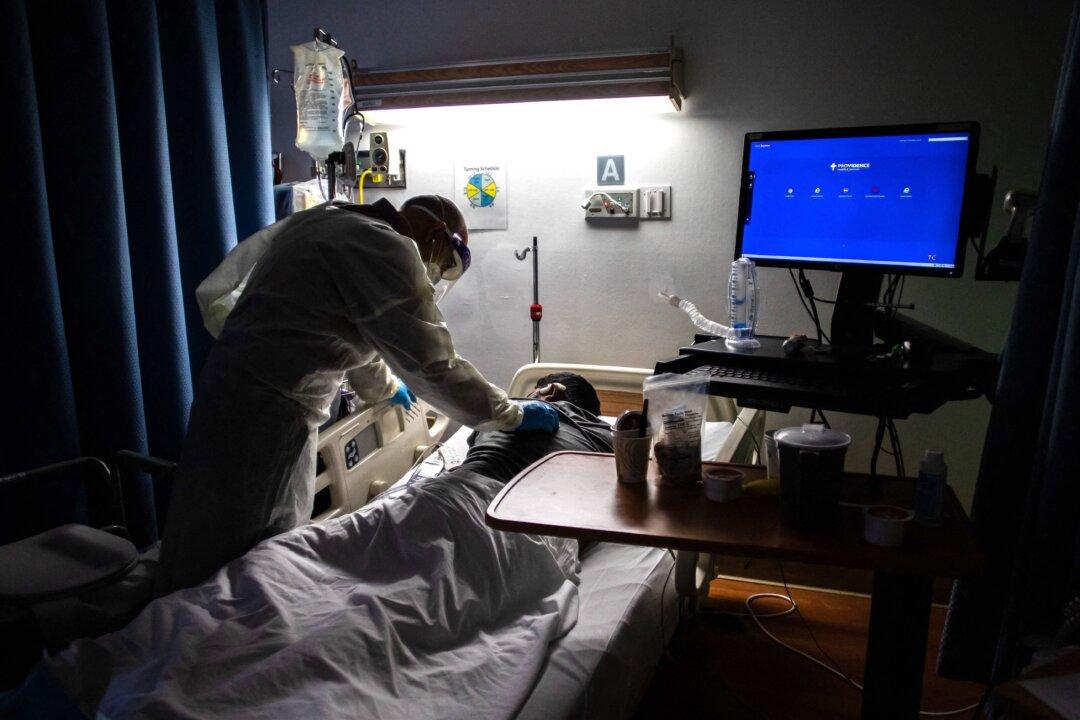Commentary
There was a time during my law enforcement career when I believed that the California Legislature made protecting children a priority. I’m specifically thinking about the 2006 California ballot proposition. Prop. 83 was authored by California State Senator George Runner (R-Lancaster) and was overwhelmingly supported by Californians by a margin of 70.5 to 29.5 percent.





